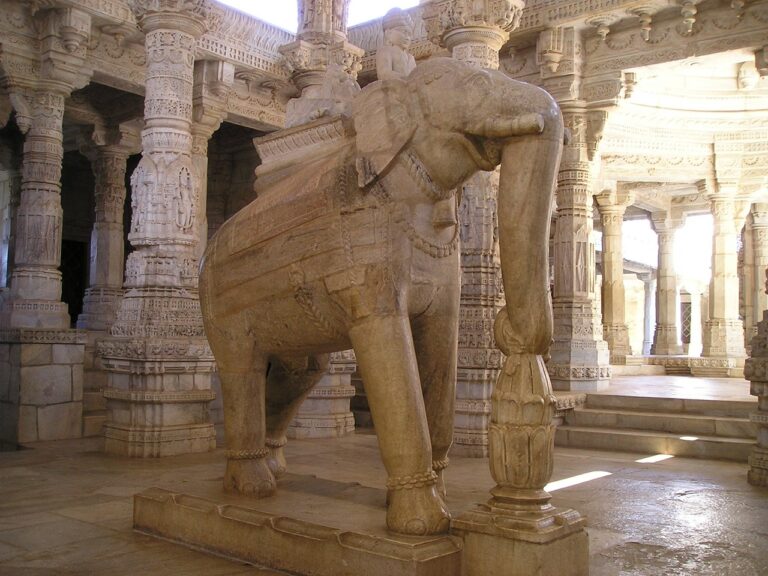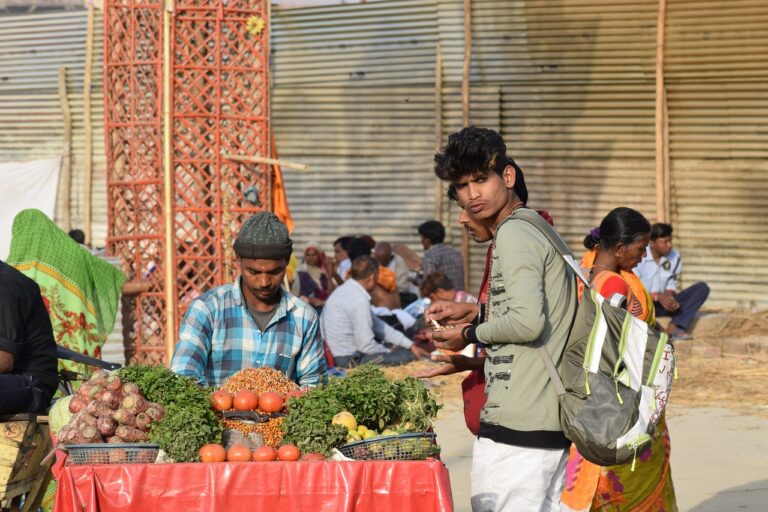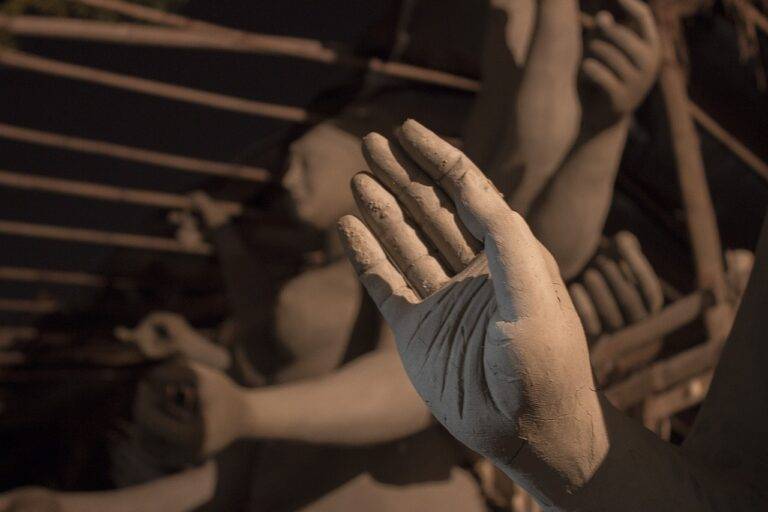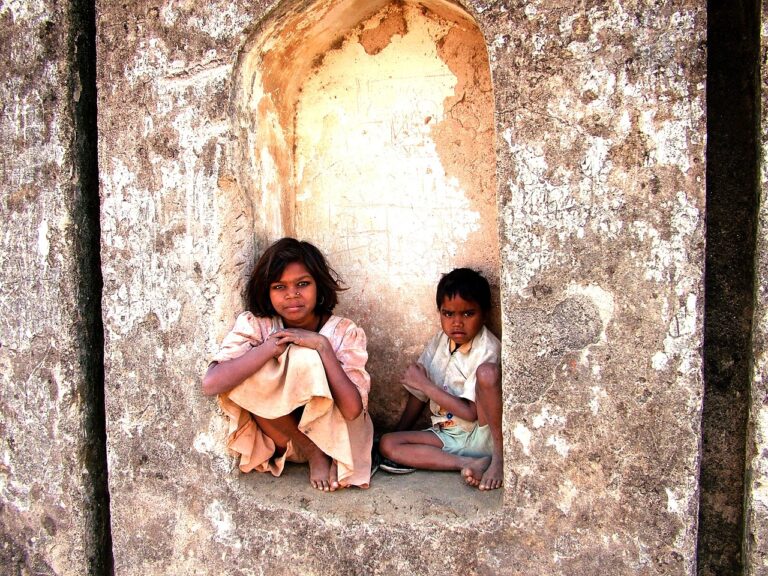Analyzing the Impact of LGBTQ+ Inclusive Religious Practices on Elections
all pannel.com, lotus book 365, laserbook247:Analyzing the Impact of LGBTQ+ Inclusive Religious Practices on Elections
In recent years, there has been a noticeable shift in the way religious institutions approach LGBTQ+ inclusivity. Many churches, synagogues, mosques, and other religious organizations have started to embrace and affirm LGBTQ+ individuals, advocating for equality and acceptance within their communities. This shift has not gone unnoticed in the political sphere, with some analysts suggesting that LGBTQ+ inclusive religious practices could have a significant impact on elections.
Historically, religion and politics have been closely intertwined, with religious beliefs often shaping individuals’ political views and influencing their voting decisions. However, as attitudes towards LGBTQ+ rights have evolved, so too have the ways in which religion intersects with politics. In this article, we will explore the potential impact of LGBTQ+ inclusive religious practices on elections and discuss why this shift is significant.
The Changing Landscape of LGBTQ+ Inclusivity in Religious Institutions
Over the past few decades, there has been a growing movement within religious organizations to become more inclusive and welcoming towards LGBTQ+ individuals. Many churches, for example, have revised their teachings on homosexuality and same-sex marriage, embracing LGBTQ+ members as full and equal participants in their communities. This shift has been driven by a variety of factors, including changing societal attitudes, increasing pressure from LGBTQ+ advocates, and a desire to remain relevant in an ever-changing world.
As a result, LGBTQ+ individuals who were once marginalized or even condemned by their religious communities are now finding support and acceptance within these institutions. This newfound inclusivity has not only strengthened the bonds between LGBTQ+ individuals and their religious communities but has also had ripple effects in the political arena.
The Impact of LGBTQ+ Inclusive Religious Practices on Elections
One of the most significant ways in which LGBTQ+ inclusive religious practices may impact elections is by influencing the voting behavior of religious individuals. Traditionally, religious conservatives have been a key voting bloc for conservative candidates, with issues like abortion and same-sex marriage often serving as rallying points for these voters. However, as more religious institutions become LGBTQ+ inclusive, some analysts believe that this could lead to a shift in the political preferences of religious voters.
For example, LGBTQ+ inclusive religious practices may lead some religious individuals to prioritize LGBTQ+ rights and equality when casting their votes, even if it means breaking from their usual political affiliations. This could potentially swing elections in favor of candidates who support LGBTQ+ rights, creating a more diverse and inclusive political landscape.
Moreover, LGBTQ+ inclusive religious practices may also play a role in shaping public opinion on LGBTQ+ issues. By promoting acceptance and understanding within their communities, religious institutions can help reduce stigma and discrimination towards LGBTQ+ individuals, ultimately leading to greater support for LGBTQ+ rights among the general population. This, in turn, can influence the policies and positions of political candidates, as they respond to the changing attitudes of their constituents.
The Significance of LGBTQ+ Inclusive Religious Practices in Today’s Political Climate
In a time when LGBTQ+ rights are still being contested and debated, the embrace of LGBTQ+ inclusive religious practices can have a profound impact on shaping the political landscape. By bringing together individuals of different faiths and backgrounds in support of LGBTQ+ equality, religious institutions have the potential to bridge divides and foster unity in the fight for equal rights.
Moreover, LGBTQ+ inclusive religious practices send a powerful message to LGBTQ+ individuals, letting them know that they are valued and loved within their religious communities. This can have a transformative effect on the mental health and well-being of LGBTQ+ individuals, empowering them to live authentically and proudly.
In conclusion, the impact of LGBTQ+ inclusive religious practices on elections cannot be underestimated. As more religious institutions embrace and affirm LGBTQ+ individuals, we may see a shift in the political attitudes and behaviors of religious voters, as well as a greater acceptance of LGBTQ+ rights within society at large. By promoting inclusivity and equality, religious organizations have the power to shape the future of politics and create a more just and equitable world for all.
FAQs
Q: Are LGBTQ+ inclusive religious practices a recent development?
A: While the movement towards LGBTQ+ inclusivity in religious institutions has gained momentum in recent years, there have always been pockets of acceptance and support for LGBTQ+ individuals within various faith traditions. However, the mainstream embrace of LGBTQ+ inclusivity is a more recent phenomenon.
Q: Do all religious institutions support LGBTQ+ inclusive practices?
A: No, not all religious institutions have embraced LGBTQ+ inclusive practices. There are still many churches, synagogues, mosques, and other religious organizations that maintain traditional teachings on homosexuality and same-sex relationships.
Q: How can individuals support LGBTQ+ inclusive religious practices?
A: Individuals can support LGBTQ+ inclusive religious practices by seeking out and attending religious institutions that affirm LGBTQ+ individuals, advocating for change within their own communities, and standing in solidarity with LGBTQ+ individuals in their religious circles.
Q: What impact can LGBTQ+ inclusive religious practices have on society as a whole?
A: LGBTQ+ inclusive religious practices can have a wide-ranging impact on society, promoting acceptance, understanding, and equality for LGBTQ+ individuals. By fostering inclusivity within religious communities, we can create a more compassionate and just society for all.







